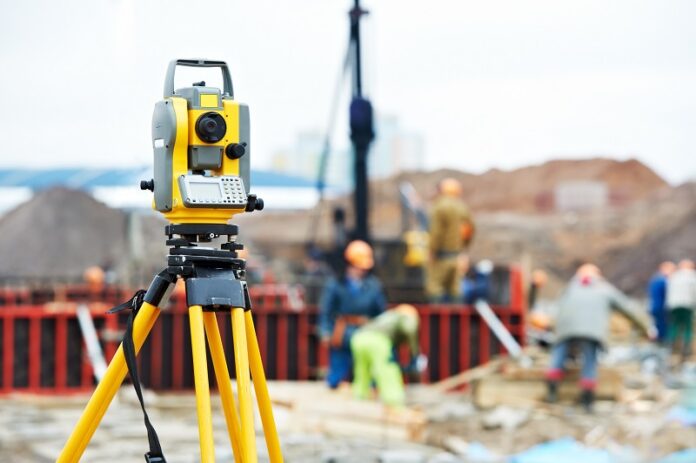Engineering Survey is a comprehensive review of an engineering project, carried out after the survey of the site has been completed and before any worksites are permitted to commence. These surveys are used for many reasons, such as the approval of an Environmental Impact Assessment (EIA), planning permission, or for the purpose of laying strategic or operational plans for any construction activity.
An engineer can use the engineering survey data in order to find out what kind of foundations are required for that particular structure or project. The survey data will as well aid an engineer in designing the structure in the right manner as well as identifying the location of key infrastructure that are crucial in the operations of a building. These surveys are generally carried out on behalf of architects, engineers, contractors, and other professionals.
The most common engineering survey services that are carried out by the engineering team are Portable Ground Probes (PGP), GPS and Dumpy Geometry. An engineer gets the initial plans for the project and after a careful analysis, is able to draw them in a CAD programme on a computerised map. This helps in preparing a detailed plan of the site, its surroundings and the features of the soil and subsurface, which helps in easy visualization of the site, its topography, and the relationships between structures. The engineer may also suggest the most suitable form of accommodation, which would be economically viable. In most of the cases, engineering survey companies do not undertake structural surveying activities.
This is mainly because a structural survey requires expensive specialized machinery that may not be available on every construction site. A qualified structural engineer should be consulted in case of any doubt. A qualified civil engineer is responsible for carrying out the engineering survey and prepares the final report. A qualified groundwater technologist is also involved in the field of engineering survey, as he/she prepares the reports in connection with any groundwater recharge or pollution of water.
Many engineering surveys are carried out on the basis of soil tests, water test and Terrain Studies. There are different routes to carry out these surveys. The first route is by use of field guides. These are general maps, which provide information about the topography of the area, various soils and the type of rocks found in the region.
By use of this information, the engineer can plot the topography on the computer-generated map. Based on the information derived from the computer-generated map, the survey team can lay down the different routes, taking into account the gradients, level of the terrain and other factors. After identifying the appropriate routes, the senior engineer and his/her team members proceed in removing the preliminary data from the ground.
The second way to carry out engineering surveys is by using the Terrain Study. In this method, the surveyors use a special type of map called the topographical map study. This method has some advantages over the field guides, such as in terms of accuracy. For the same reason, the cost of conducting the surveys is comparatively low; hence, they can be conducted more quickly and easily.



